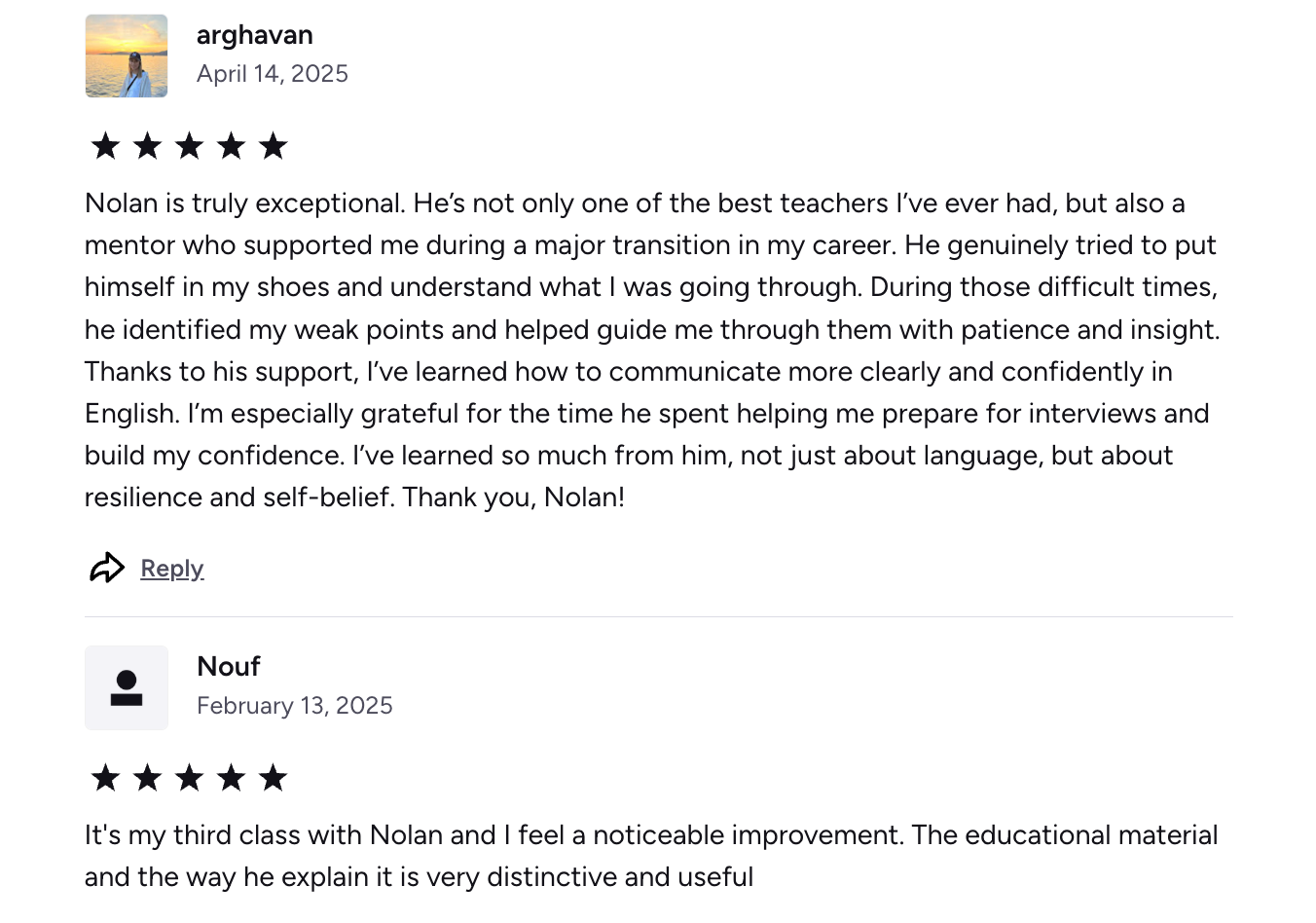What Your Teacher Never Told You About Word Formation (Lo que nunca te contaron sobre cómo se forman las palabras)

Words Are Families.
ENGLISH
If you’ve ever stared at a word in English and thought, Wait, why does “decide” become “decision” but not “decidation”?, you’re not alone.
Our school systems love to make it look like English is a random patchwork quilt of vocabulary you just gotta memorize. But behind that chaos, there’s a quiet architecture—a Lego logic that connects everything: roots, prefixes, suffixes, and the cultural DNA that shaped them.
English didn’t grow up in a single family home; it’s a blended child—part Germanic, part Latin, part French. That’s why you can help someone (Germanic), assist them (French), or facilitate something (Latin), and each version feels slightly different in tone, class, and context.
Spanish, on the other hand, grew up straight from Latin, so its word formation patterns feel more predictable, but also more dramatic: every verb can spawn a whole soap opera of nouns and adjectives.
This is the secret nobody told you: once you stop seeing words and start seeing word families, languages stop being memorization and start becoming the evolution of pattern recognition.
ESPAÑOL
Si alguna vez te has quedado mirando una palabra en inglés pensando ¿por qué “decide” se convierte en “decision” y no en “decidation”?, tranquilo: no estás solo.
En los colegios nos enseñaron a pensar que el inglés es un caos arbitrario de palabras que hay que memorizar sin sentido. Pero detrás de ese aparente desorden hay una arquitectura silenciosa: una lógica tipo Lego que une todo—raíces, prefijos, sufijos y el ADN cultural que los formó.
El inglés no creció en una familia normal; es hijo mestizo—mitad germánico, mitad latino, con crianza francesa. Por eso puedes help a alguien (más directo, germánico), assist (más formal, francés), o facilitate (más académico, latino).
El español, en cambio, viene directamente del latín; por eso sus patrones de formación son más previsibles, pero también más teatrales: cada verbo puede generar toda una telenovela de sustantivos y adjetivos.
Ése es el secreto que nunca te contaron: cuando dejas de ver palabras y empiezas a ver familias, el idioma deja de ser memoria y se convierte en la evolución del reconocimiento de patrones.
English Affixes: The Quiet Alchemists
ENGLISH
Prefixes and suffixes in English are like quiet workers that transform meaning in subtle ways:
- Prefix → meaning: un- (not), re- (again), mis- (wrongly), pre- (before), under- (not enough), over- (too much).
- Suffix → meaning: -ness (state), -tion (action), -ity (quality), -ly (manner), -able (possible), -er/or (person).
Look at how one word can expand:
👉 Create → creation → creative → creativity → creatively → creator.
That’s not five words—that’s one story told in six accents.
The cultural logic: English tends to compress meaning—short, modular, like an IKEA manual. Adjectives and adverbs are practical, not poetic.
- Quick → quickly (add -ly and move on).
- Happy → happily → happiness — emotional, but efficient.
Where Spanish paints, English builds.
ESPAÑOL
Los prefijos y sufijos del inglés son como obreros silenciosos que cambian el sentido de las palabras con una elegancia casi minimalista:
- Prefijo → significado: un- (no), re- (otra vez), mis- (mal), pre- (antes), under- (poco), over- (demasiado).
- Sufijo → significado: -ness (estado), -tion (acción), -ity (cualidad), -ly (modo), -able (posible), -er/or (persona).
Mira cómo se expande una palabra:
👉 Create → creation → creative → creativity → creatively → creator.
No son seis palabras diferentes, sino una misma historia con seis matices.
La lógica cultural: el inglés tiende a condensar el significado—corto, modular, casi como un manual de IKEA. Los adjetivos y adverbios son prácticos, no poéticos.
- Quick → quickly (añade -ly y listo).
- Happy → happily → happiness — emocional, sí, pero funcional.
Donde el español pinta, el inglés construye.
Spanish Affixes: The Operatic Architects
ENGLISH
Spanish, meanwhile, doesn’t just modify; it performs.
A verb like decidir becomes decisión, decisivo, decidido, decididamente. Every transformation carries a new tone: moral, emotional, or social. Spanish suffixes love music: –ción, –dad, –mente, –al, –oso, –ante.
Compare:
👉 Create → creative → creativity
vs.
👉 Crear → creativo → creatividad → creativamente.
It’s not just grammar, it’s rhythm. The suffix –mente literally means “with mind” (from Latin mente) — so lentamente = “with a slow mind.” Adverbs in Spanish feel human; in English, they just describe function.
ESPAÑOL
El español no se limita a modificar: interpreta.
Un verbo como decidir se convierte en decisión, decisivo, decidido, decididamente. Cada forma añade un tono distinto: moral, emocional o social. Los sufijos españoles son pura música: –ción, –dad, –mente, –al, –oso, –ante.
Compara:
👉 Create → creative → creativity
con
👉 Crear → creativo → creatividad → creativamente.
No es solo gramática: es ritmo. El sufijo –mente viene del latín mente (mente, espíritu), así que lentamente significa literalmente “con mente lenta”. Los adverbios en español suenan humanos; en inglés, son mecánicos.
The False Friends and Family Drama
ENGLISH
Here’s where bilingual brains get fried. You think you can translate affixes directly… until actually ≠ actualmente, eventually ≠ eventualmente, and embarrassed ≠ embarazada.
These “false family members” are distinct linguistic cousins who show up to the reunion pretending they’re siblings just to eat your food and mess with you.
Why? Because English and Spanish share Latin roots, but English adopted them secondhand through French. It’s like two siblings raised in different countries with the same grandmother (Latin) but wildly different manners.
ESPAÑOL
Aquí es donde las mentes bilingües se vuelven locas. Crees que puedes traducir los sufijos directamente… hasta que te das cuenta de que actually ≠ actualmente, eventually ≠ eventualmente y embarrassed ≠ embarazada.
Estos ‘falsos familiares’ son primos lingüísticos distintos que aparecen en la reunión fingiendo ser hermanos solo para comer tu comida y fastidiarte.
¿La razón? El inglés heredó mucho del latín, pero vía francesa. Es como dos hermanos criados en distintos países con la misma abuela (el latín), pero modales opuestos.
Practice: From Roots to Worlds
ENGLISH PRACTICE
Try to grow each root into as many words as possible:
- Decide → decision / decisive / decidedly / indecisive / indecision
- Happy → happiness / unhappy / happily
- Employ → employee / employer / employment / unemployed
- Create → creation / creative / creatively / creativity / creator
- Beauty → beautiful / beautifully
👉 Challenge: Write a short paragraph using one word family in as many forms as possible. Example:
I decided to make a decisive decision about my indecisive tendencies.
PRÁCTICA EN ESPAÑOL
Haz crecer cada raíz en todas sus formas posibles:
- Decidir → decisión / decisivo / decidido / decididamente / indecisión
- Feliz → felicidad / infeliz / felizmente
- Emplear → empleado / empleador / empleo / desempleado
- Crear → creación / creativo / creatividad / creativamente / creador
- Bello → belleza / bellamente
👉 Reto: Escribe un párrafo corto usando una misma familia de palabras.
Ejemplo:
Decidí tomar una decisión decisiva sobre mi indecisión crónica.
Cultural Takeaway: What Words Reveal About Us
ENGLISH
Every suffix carries a worldview.
English affixes are industrial—built for clarity and productivity.
Spanish ones are emotional—built for expression and rhythm.
One tells you what something is; the other tells you how it feels.
Once you see that, vocabulary stops being vocabulary. It becomes anthropology.
ESPAÑOL
Cada sufijo es una forma de ver el mundo.
Los del inglés son industriales — hechos para la claridad y la eficacia.
Los del español, emocionales — hechos para la expresión y el ritmo.
Uno te dice qué es algo; el otro, cómo se siente.
Y cuando entiendes eso, el vocabulario deja de ser vocabulario. Se convierte en antropología.
The Word Formation Gauntlet
(El Desafío Final de Formación de Palabras)
Part 1: Build It or Break It
ENGLISH
Add the right affix to complete each sentence. Don’t guess—feel the logic.
- She’s so ___ (decide) — she never knows what she wants.
- I can’t believe his ___ (rude) during the meeting.
- This app is really ___ (use); it saves me hours.
- After years of work, they finally reached an ___ (agree).
- She smiled ___ (happy) and left.
Answers:
- indecisive
- rudeness
- useful
- agreement
- happily
ESPAÑOL
Añade el sufijo correcto para completar la frase. No adivines — siente la lógica.
- Es tan ___ (decidir) que nunca sabe lo que quiere.
- No puedo creer su ___ (grosero) durante la reunión.
- Esta aplicación es muy ___ (útil); me ahorra horas.
- Después de años de trabajo, por fin llegaron a un ___ (acordar).
- Sonrió ___ (feliz) y se fue.
Respuestas:
- indecisa
- grosería
- útil (ya está formada)
- acuerdo
- felizmente
Part 2: The False Friend Radar
ENGLISH
Mark which ones are false friends (F) and which are true friends (T).
(Then check the bilingual logic below.)
- Eventually – Eventualmente
- Actually – Actualmente
- Library – Librería
- Fabric – Fábrica
- Sensible – Sensible
- Constipation – Constipado
Answers:
- ❌ F (eventually = finalmente)
- ❌ F (actually = en realidad)
- ❌ F (library = biblioteca)
- ❌ F (fabric = tela)
- ❌ F (sensible = sensato)
- ❌ F (constipation = estreñimiento)
Moral of the story: English and Spanish are like cousins who share DNA but not personality.
ESPAÑOL
Marca cuáles son falsos amigos (F) y cuáles verdaderos (V).
- Eventually – Eventualmente
- Actually – Actualmente
- Library – Librería
- Fabric – Fábrica
- Sensible – Sensible
- Constipation – Constipado
Respuestas:
Todos ❌ Falsos (aunque suenan parecidos, no significan lo mismo).
Moraleja: el inglés y el español comparten genes, pero no carácter.
Part 3: Word Families in Motion
ENGLISH
Choose one word root and stretch it into a family. Write your own mini paragraph.
Example:
Root: decide
I’m usually indecisive, but yesterday I made a decisive decision to stop second-guessing myself. It felt… decidedly liberating.
Try with: create, employ, happy, beauty, or use.
ESPAÑOL
Elige una raíz y estírala hasta formar una familia. Escribe tu propio mini párrafo.
Ejemplo:
Raíz: decidir
Normalmente soy indeciso, pero ayer tomé una decisión decisiva para dejar de dudar de todo. Fue… decididamente liberador.
Prueba con: crear, emplear, feliz, bello o útil.
Part 4: Cultural Reflection
ENGLISH
Finish the sentence in your own words:
“When I switch languages, my adjectives sound more…”
Do you notice that in English, adjectives are usually short and practical (tall, fast, rich, cold), while in Spanish they carry drama and emotion (arms, agotador, apasionante)? That’s not just grammar, but a worldview.
ESPAÑOL
Completa la frase con tus propias palabras:
“Cuando cambio de idioma, mis adjetivos suenan más…”
¿Te has fijado en que en inglés los adjetivos son breves y funcionales (tall, fast, rich, cold), mientras que en español suenan teatrales (hermoso, agotador, apasionante)? No es solo gramática, pero una forma de mirar el mundo.
Final Reflection
ENGLISH
Mastering word formation isn’t about memorizing endings—it’s about hearing the personality of each language.
English cuts. Spanish expands.
English defines. Spanish dramatizes.
And somewhere between the two, you start to think, feel, and build words like a bilingual architect.
ESPAÑOL
Dominar la formación de palabras no consiste en memorizar terminaciones, sino en escuchar la personalidad de cada idioma.
El inglés corta. El español expande.
El inglés define. El español dramatiza.
Y entre los dos, aprendes a pensar, sentir y construir palabras como un arquitecto bilingüe.
CALL TO ACTION
[ENGLISH]
If you live between languages and want to build this kind of awareness into your fluency, this is what I teach: English for people who think in motion—expats, translators, global citizens, cultural nomads.
Join the newsletter at bornwithoutborders.world or book a 1:1 class.
[ESPAÑOL]
Si vives entre idiomas y quieres desarrollar esta conciencia en tu fluidez, esto es lo que enseño: inglés y español para quienes piensan en movimiento—expatriados, traductores, ciudadanos del mundo, nómadas culturales.
Suscríbete a la newsletter en bornwithoutborders.world o reserva una sesión individual.

All my work is published on Ghost, a decentralized, non-profit, and carbon-neutral platform—free from VC funding and the grip of technofeudal lords.
I don’t use algorithms to hijack your attention.
My work can only exist if you share and support it.
Todo mi trabajo está publicado en Ghost, una plataforma descentralizada, sin ánimo de lucro y neutra en carbono —lejos de la financiación de capital riesgo y del control de los señores tecno-feudales.
No uso algoritmos para secuestrar tu atención.
Este trabajo solo puede existir si lo compartes y lo apoyas.
Related Articles - Artículos relacionados




Member discussion